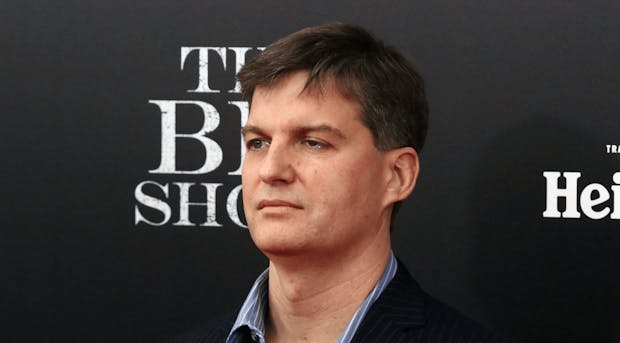dr. Burry’s 2008 crisis diagnosis

dr. Burry’s 2008 crisis diagnosis
dr. Burry’s 2008 crisis diagnosis
no one could have predicted the housing bubble, Alan Greenspan, the former chairman of the US Federal Reserve, had once said.
“everybody missed it,” he said. but that’s not entirely correct.
there were many, for example, the likes of former RBI governor Raghuram Rajan, who had raised concerns on the bloated housing market.
another name, who not only saw the impending crisis coming but positioned himself to benefit from it, was Dr. Michael J Burry.
who is Burry?
if you remember, Christian Bale played the role of Dr. Michael J Burry in the movie The Big Short.
the physician turned investor didn’t just see the crisis but had also begun cautioning his clients back in 2005 of a certain meltdown in the mortgage market.
Burry, who considers himself a value investor and looks to the likes of Benjamin Graham and Warren Buffett, started his hedge fund Scion Capital in 2000 and was able to make an impression very quickly.
in 2001, when the S&P500 was down 12%, Scion Capital was up 55%, as Burry was able to generate returns by shorting overvalued tech stocks.
till 2005, Burry had a consistent track record of outperforming the market, but that year he shifted his entire focus from equities to the housing market.
what tipped him off and what did he do?
the first red flags for Burry emerged in 2003 when he saw mortgages being offered to subprime borrowers increasingly. these risky loans were then bundled together and passed on the market as mortgage-backed securities.
Burry saw an opportunity in the house of cards that was being built.
by 2005, Burry was so confident of the inevitable collapse he shorted the housing market by creating a financial derivative instrument called a credit default swap. this derivative instrument was a tool against the housing market. like any insurance product, Burry had to pay a premium. it insured him against a payout in a scenario if the real estate market deteriorated.
the initial period was tough, as these premiums would affect the returns generated by Scion, which drew investor ire as well. but then came 2007, and the story started to unfold just as Burry had predicted.
Burry’s bet against the housing market earned him $100 million and $700 million to his investors.
in 2008, Burry closed the Scion Capital fund. Later in 2013, he reopened it as Scion Asset Management and since then has invested in real-world assets like water, gold, and land.
recently, Burry made the headlines when he placed a bet against Cathie Wood’s flagship ARK Innovation exchange-traded fund, which drew some backlash from Wood’s, who is heavily invested in and bullish on new-age technology firms.
Woods took to Twitter and said that while Burry made a great call on the housing bubble, he simply doesn’t understand the fundamentals that are leading to the growth in the innovation space.



